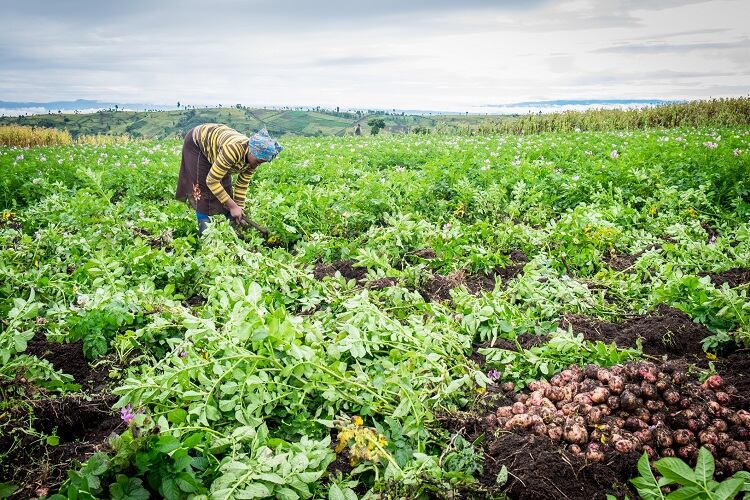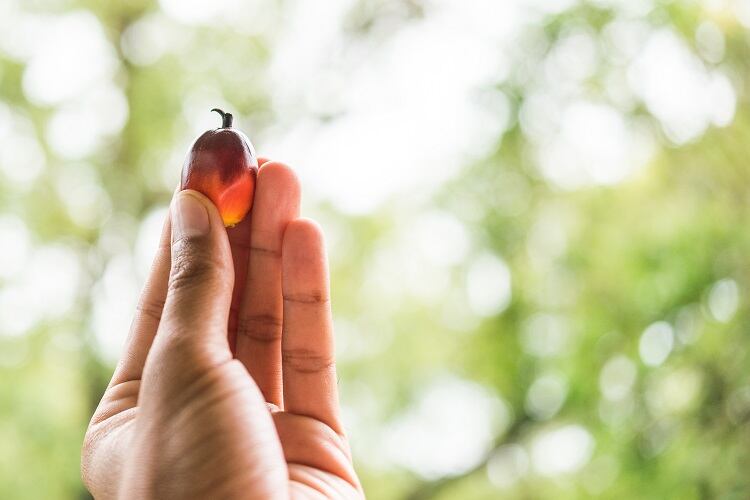Of the 570 million farms around the world, the vast majority (84%) are smallholdings – meaning two-hectares in size or less.
With one-quarter of the world’s greenhouse gas emissions resulting from food and agriculture, it is important smallholders leverage sustainable farming practices, while being properly compensated for their produce.
A new Memorandum of Understanding (MoU) signed between Rainforest Alliance and UK-headquartered CABI aims to do just that: by collaborating, they hope to help smallholder famers around the world grow safer and higher quality food – and increase their incomes in the process – through more sustainable agricultural practices.
Specifically, the MoU will focus on reducing the impact of high-risk plant protection products, such as chemical pesticides, in food production. Instead, they hope to encourage farmers to favour safer-to-use and sustainable biological controls.
Elsewhere, the partnership will create training and digital learning products to support capacity building of agricultural service providers, as well as supporting farmers to comply with voluntary crop production standards.
In so doing, the aim is that safer, more environmentally friendly food will enter higher value markets.
“With this partnership, we are certain we can advance our Integrated Pest Management (IPM) approach more effectively and provide concrete tools for producers to start making the transition to a more regenerative agriculture, by combining the broad reach of our network and our field experience, with CABI’s extensive knowledge base,” said Dr Juliana Jaramillo, Lead Regenerative Agriculture at the Rainforest Alliance.
CABI similarly said it was ‘delighted’ to be working with Rainforest Alliance. “Our shared expertise is promoting sustainable agricultural practices along the food value chain will further help to improve rural livelihoods for millions of smallholder farmers around the world,” said Dr Ulrich Kuhlmann, Executive Director, Global Operations at CABI.
“Our joint endeavours will be carried out while being mindful of the need to protect the earth’s biodiversity and ecosystems amid the myriad of challenges posed by climate change.”




